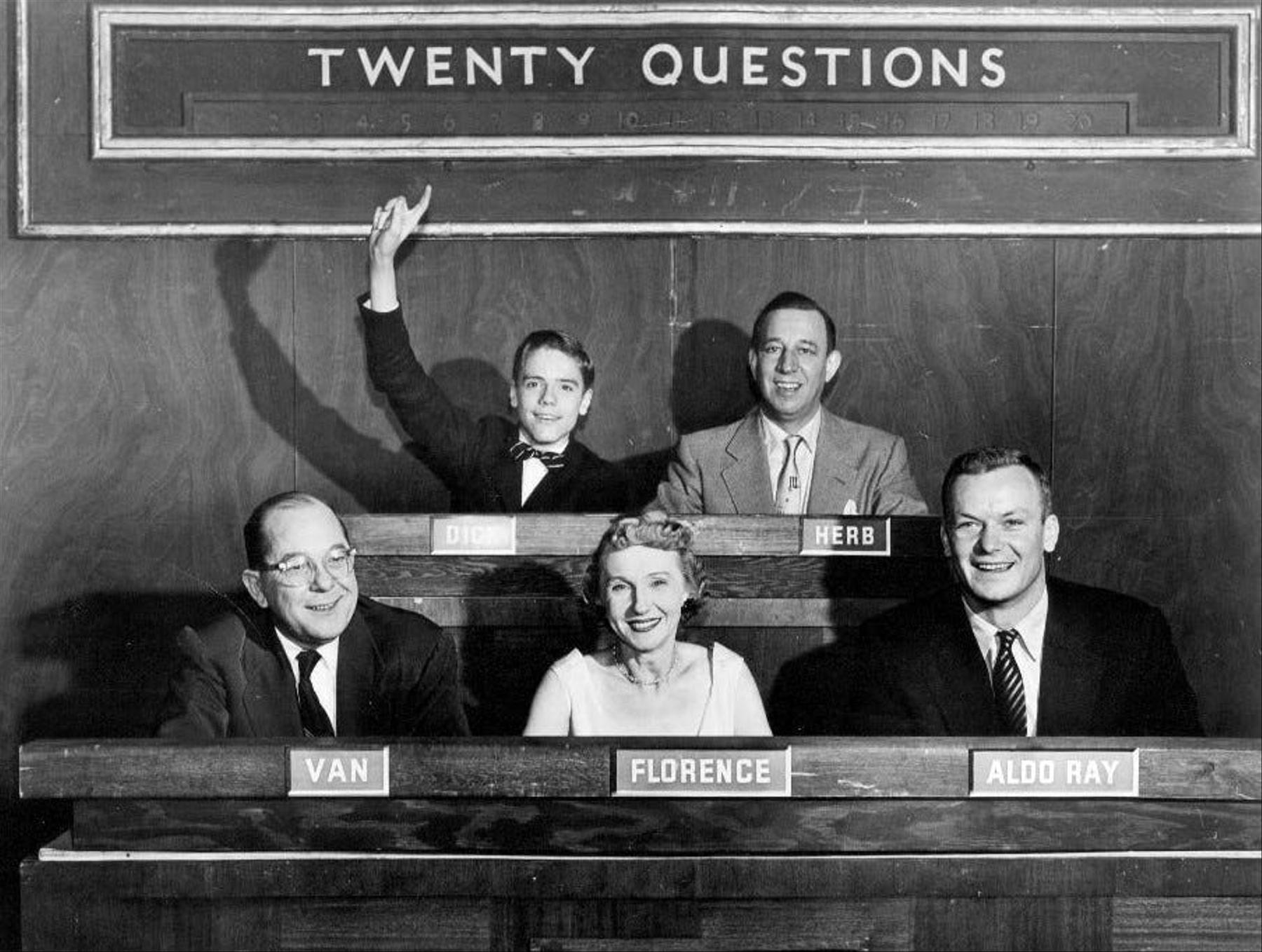While I wouldn’t consider myself a master interviewer (I feel like I need to do just fifty or sixty more to really start getting into a groove), I have landed on what I think is my favorite question to ask potential software developers:
“I have two implementations of the same method. One is simple to read, but slower. The other is complex but faster. Which implementation should I use?”
Most potential candidates will answer quickly and typically the same way: “the faster one”. The tone in this whip-shot response often sounds almost confused: “this is such an easy and obvious question, why would he even ask it?”
Of course, that’s entirely the point. Because what battle-tested, thoughtful developers know instinctively is that there is no easy answer to this question. Some of the best responses I’ve ever gotten to this question ask clarifying questions:
- What is the method for?
- How often is it going to be used?
- Who is going to be maintaining and reading it?
They get at one of the aspects that I think makes developing great software so damn hard: there are rarely hard and fast rules that can always be applied in every situation. As nice as it would be to have unquestionable edicts, there is almost always nuance. A method in a real-time system being called millions of times likely needs to be highly optimized. A method used once a year as part of a clean-up script likely would benefit from a simpler implementation that is easier to maintain and grok.
I think this level of critical evaluation is applicable in many jobs. It’s questioning not just the aspects of our jobs that seem like they need questioning, but also in questioning those that seem so completely ironclad and obvious that we never give them a second thought.

